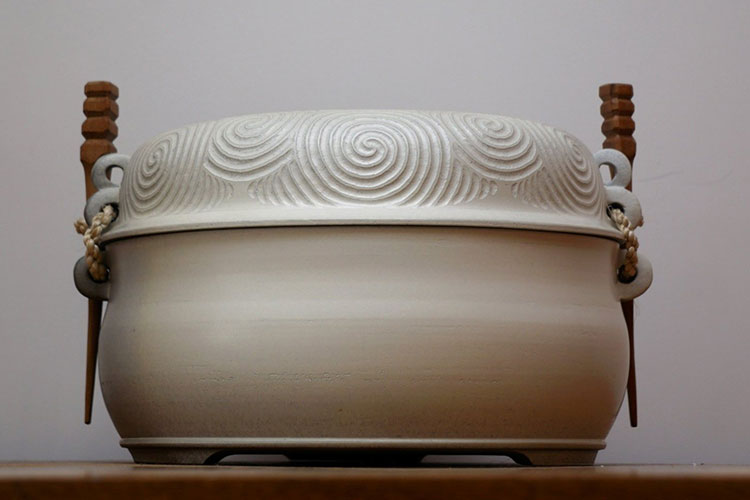Gathering of kawakawa leaves for use in rongoā. The fruit, bark and leaves of the kawakawa all have medicinal properties. It is one of the most important healing herbs used by Māori.
High community interest in learning more about traditional Māori medicine (Rongoā) has prompted Te Wānanga o Aotearoa ki Kawerau to offer a new course teaching about these healing skills.
The 38-week Te Pōkaitahi Tikanga (Rongoā) Kaupae 4 – Certificate in Rongoā Level 4 course starts next month and has no fees.
“We’ve introduced the programme into the community as there has been high interest amongst local people in Rongoā Māori,” says Jacqueline McRae-Tarei, the Kaiwhakahaere Ako (manager educational delivery) for Kawerau.
The Certificate in Rongoā Kaiako (teacher), Vanessa Skipper adds: “We have chosen to introduce the Certificate in Rongoā Māori to the community of Kawerau as a way of meeting a need from people who were wanting to learn traditional methods of looking after themselves and their whānau.
“People from all walks of life have expressed an interest in this course and have various reasons for wanting to come and learn. We are absolutely delighted to be able to provide this course to our community.”
The course offers the opportunity for people to start becoming a kaitiaki (guardian) of Rongoā Māori and to connect with ancestral matauranga (knowledge) to address the wellness needs of today, says Vanessa.
The course includes learning about customs and protocols, how to harvest Rongoā plants and a range of practices necessary to ensure medicines are used safely.
However, actually using Rongoā or advising others on how to use it safely will require further study beyond the new level 4 course on offer, Vanessa adds.
“So, our course is a very useful pathway into future study in this area.”
Meanwhile, another new course on offer at the Kawerau campus this year is He Puawai, the Certificate in Adult & Tertiary Teaching (Level 5), which also starts next month and runs till July.
The course qualification is the minimum required for teaching at Te Wānanga o Aotearoa.
It is also useful study for workers in community services and other providers who engage with adult clients, says Jacqueline.
“They’ll find this programme valuable as part of their professional development.”
The course helps people to develop adult leaners’ capability and confidence. It provides Māori philosophies, principles and matauranga to enhance teaching practices, as well as an understanding of guiding adult learners in literacy, numeracy, technology, personal growth and workplace upskilling.
The programme is noho (marae stay) delivered, a preferable method for those already working fulltime, says Jacqueline. Noho run once a month, Friday evening to Sunday, while there are also tutorial evenings which can be done either on site at the Kawerau campus or online.
If you would like more information about the Kawerau Rongoā or Adult & Tertiary teaching courses please ring 07 306 9353.




































